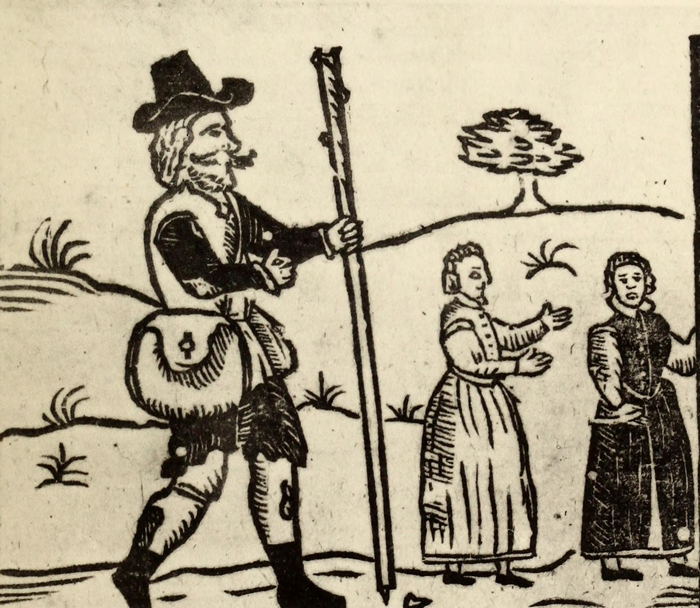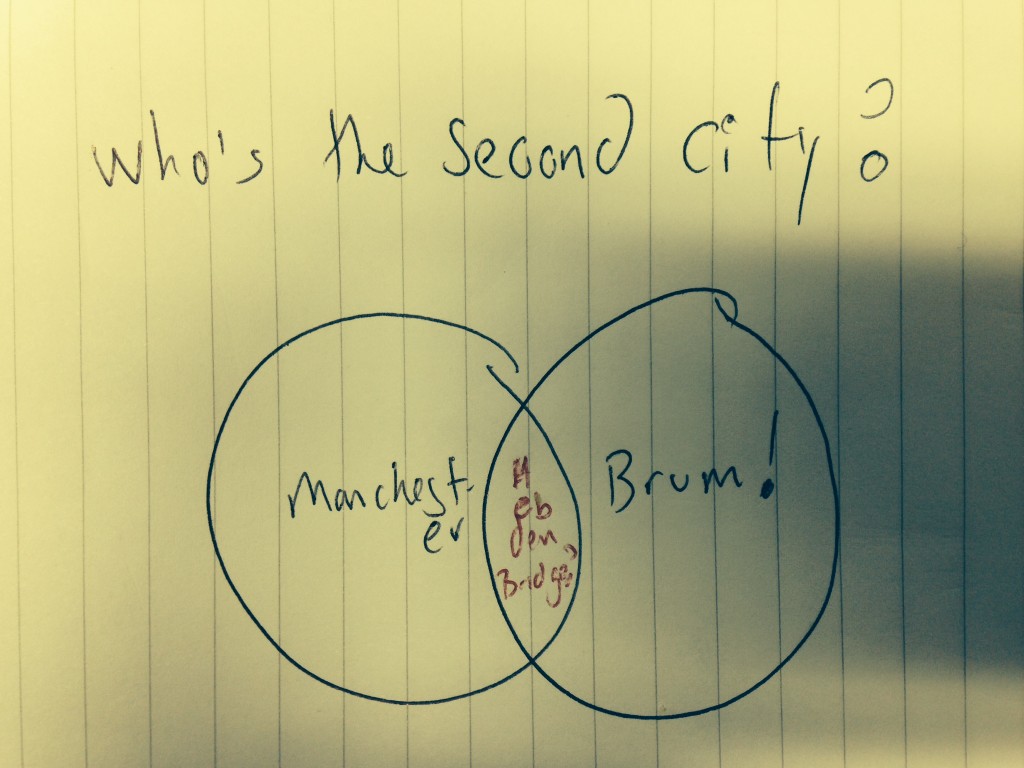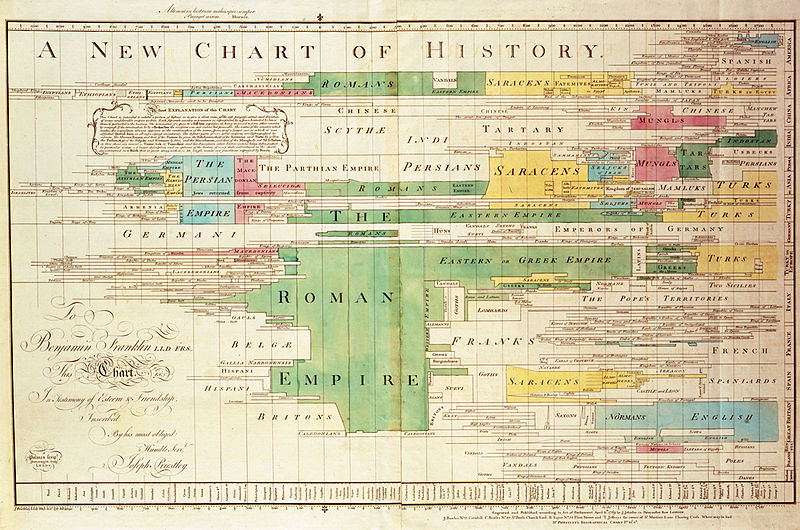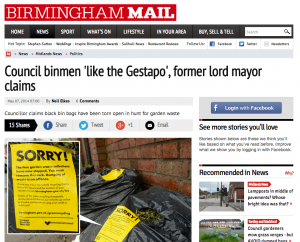If you don’t ask, you don’t get. Despite the protests of anyone who’s ever wanted to make it from one end of New Street to the other, asking people for money is profitable and it will continue. Birmingham has some world class panhandling: the girl with the odd voice and dreads who needs 65p to get home to Bearwood, the squaddie who’s missed his train back to base, Vernon the Big Issue seller who made a Christmas single, and not to forget the historical local begging on a global stage that bought us the ICC with all that European money.
So would you be surprised to see that the city invented a certain type of begging? Of course not, but it happened some way before there was a city to beg in.
In the Domesday Book, Birmingham is recorded as one homestead: worth about two goats. But in 1166 the Lord of the Manor Peter de Birmingham obtained a royal charter from Henry II permitting him to hold a weekly market “at his castle at Birmingham” and crucially to charge tolls on the market’s traffic. Money, in effect, for just passing up New St.
This was one of the earliest of these charters that would be granted in England, and definitely the cheekiest: imagine charging people to come into a rough area to look at some stalls of turnips and mead. Not only did Lord de Birmingham invent panhandling, it seems like he started the first farmers’ market.
Come to Birmingham, it’s yer money we’re after, baby.
Continue reading “101 Things Birmingham Gave The World. No. 50: Panhandling”








